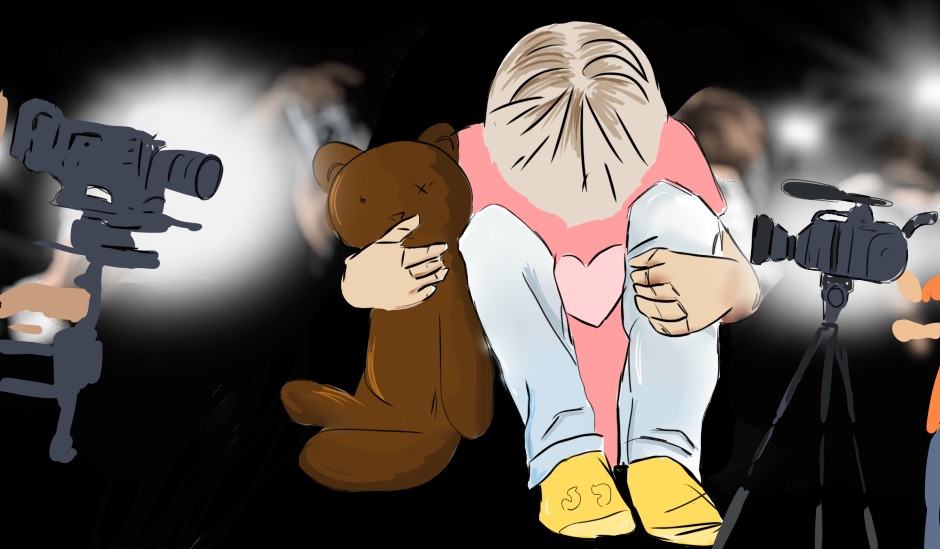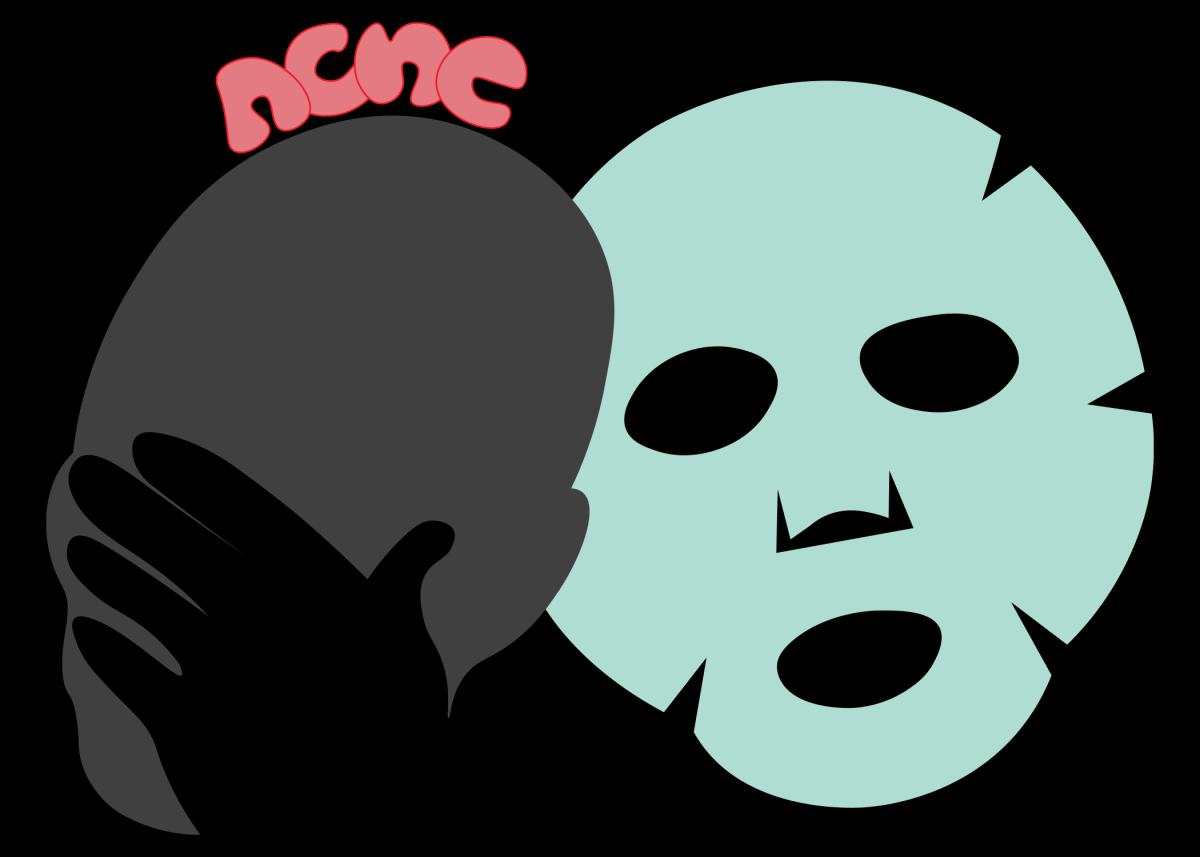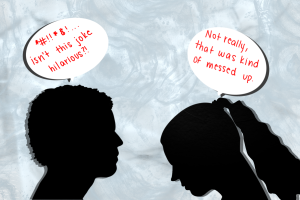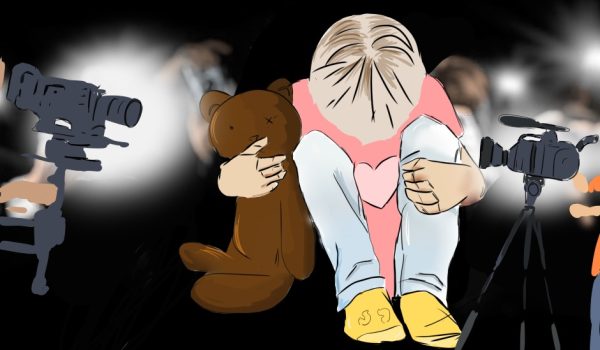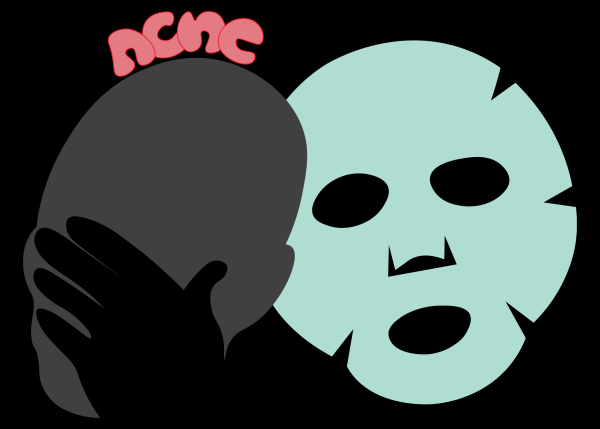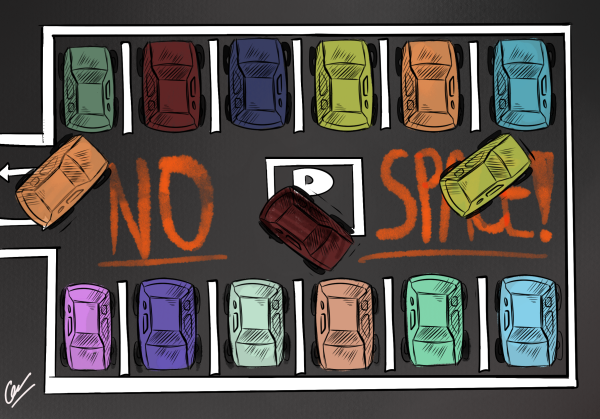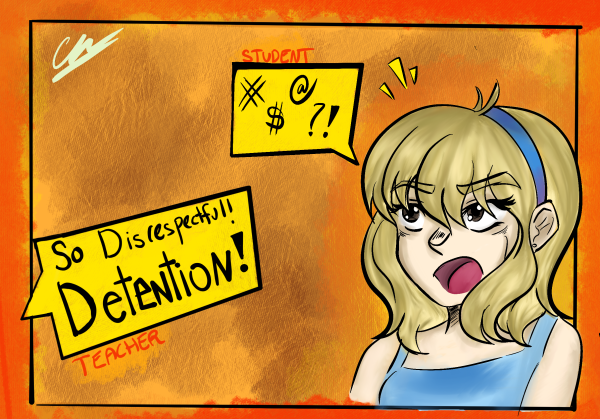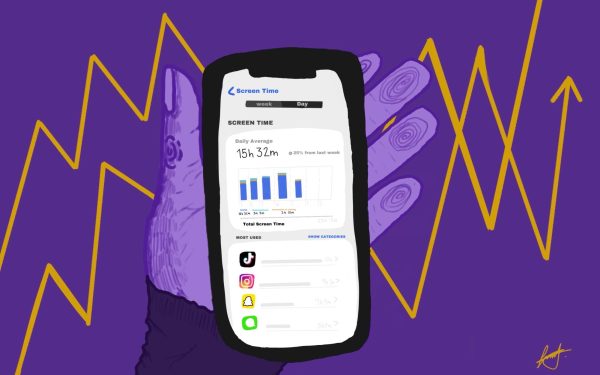[Opinion] Students feel burnt out and unmotivated in a virtual environment
March 12, 2021

At the beginning of the school year, lectures on Microsoft Teams became camera-less, motivation to finish assignments decreased and many students felt burnt out. In the spring of 2020, when Broward County Public Schools went virtual, students felt severely unmotivated as they had to go from in-person learning to online learning. As a new school year takes place, mostly fully online for many, students still continue to feel this sense of burnout.
Online learning is simply hard for students to keep up with. For students and teachers, every week brings the same virtual meetings, the same assignments, and the same bedroom backdrop, with little motivation to push forward. Without traditional in-person school, students become unmotivated and burnt out due to their repetitive schedules.
Research from a 2013 Gallup survey shows that 500,000 students in grades 5-12 found that nearly 10 elementary students were engaged with school. By high school, the number dropped from 10 to four. A 2015 follow-up study found that less than a third of eleventh graders felt engaged. This survey suggests that students are unmotivated to learn due to online classes not being interesting enough.
As online learning isn’t the best fit for every student, it shouldn’t prevent children from learning. Many students feel unmotivated and burnt out due to learning preferences, increased stress, communication problems, and lack of technical knowledge. All of these problems can really overall affect students’ mental and physical health.
Patricia Perez, a child development specialist who consults with children and families, recently worked with a mother whose 16-year-old son was losing interest in college after graduating high school. Before the pandemic, he was passionate about math and science but ever since the introduction of virtual school, this decreased. As he logged onto Zoom every week, he began to lose focus and sleep more, becoming isolated from his friends and family members. This shows that students are losing focus towards their future as online learning unmotivates students to learn.
Some may argue and say that when feeling these emotions, students should let their teacher know. As this may be true, there are still limited things a teacher can do and it never quite feels like enough for students.
Up until March of last year, students were in person, bumping into friends and walking around campus. Now, this kind of day is unheard of as students now describe the online school as tiring and boring.
When Gallup asked teens to select from a list of 14 adjectives that describe how they felt about school, most teens answered with the adjectives: tired and bored. Only two percent said that they were never bored.
Students are also faced with teachers giving loads of work with little time to complete it. By doing this, students began to feel burned out as most are likely alienated from the previous day’s work.
Some raise the argument that students shouldn’t feel burnt out and unmotivated in a virtual environment as it’s the same experience as it would be in the classroom. This is incorrect as there are many differences. Many who make this claim can’t relate to what students are feeling with online learning due to the fact that the majority have never had to go through this in their life.
As students have three more months left in school, they are almost done with the extraordinary circumstances of this school year and the emotions they have invoked. Hopefully, by next year, things will be different for many students as more people get vaccinated.



